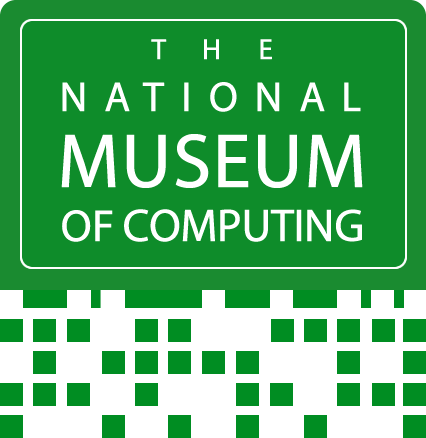Fifty Years Ago .... from the pages of Computer Weekly
/16th January 1975 computing, compiled by TNMOC volunteer archivist, Brian Aldous.
A selection of stories from Computer Weekly from 16th January 1975. The full archive of Computer Weekly can be seen at TNMOC, where there are special rolling displays of front pages from 25 and 40 years ago.
PoS market bid by Sweda: With big hopes of securing a sizeable share of the still largely untapped European point-of-sale market, Litton Sweda has introduced a completely new PoS system, the 800/80, as a world-wide replacement for the 700 series. With powerful interactive capabilities, the 800/80 is aimed at the non-food sector of the PoS market. The 800/80 system is based on an in-store Data General 1200 minicomputer, designated the Model 80, working together with a Diablo disc memory which can be expanded from 2.5 to 10 Mbytes, to enable prices, tax rates and other information to be stored and accessed on-line by up to 128 terminals. Other on-line information could include files of account holders and alphabetic descriptions of products for printing on receipts. Each Model 800 terminal can operate either on-line or in standalone mode, and can interface with a variety of automatic product data capture devices including magnetic and optical hand-held wands. (CW 428 16/1/1975 p1)
Monolithic memory systems for 1900s: Logical progression has led Systems Reliability, of Luton, to introduce a range of monolithic memory systems for the ICL 1900 series. Having doubled the size of the Atlas, produced add-on units for GEC 900s, and sold 4.5 million bytes of store for ICL 4100 systems, it would have been surprising if the 1900s had not provided the next market. The new memory systems range in size from 16K to 64K 24-bit words, and will probably prove to be of most benefit to the lower end of the 1900 range. The systems contain their own power supplies and are offered fully systemised so that they can fit into existing configurations, rather than just being simple add-on units. However, the memories can be tested in isolation without interfering with the rest of the system. A typical 32K memory system can be housed in a standard 19-inch rack, seven inches high and 10 inches deep, and costs about £21,500. (CW 428 16/1/1975 p12)



